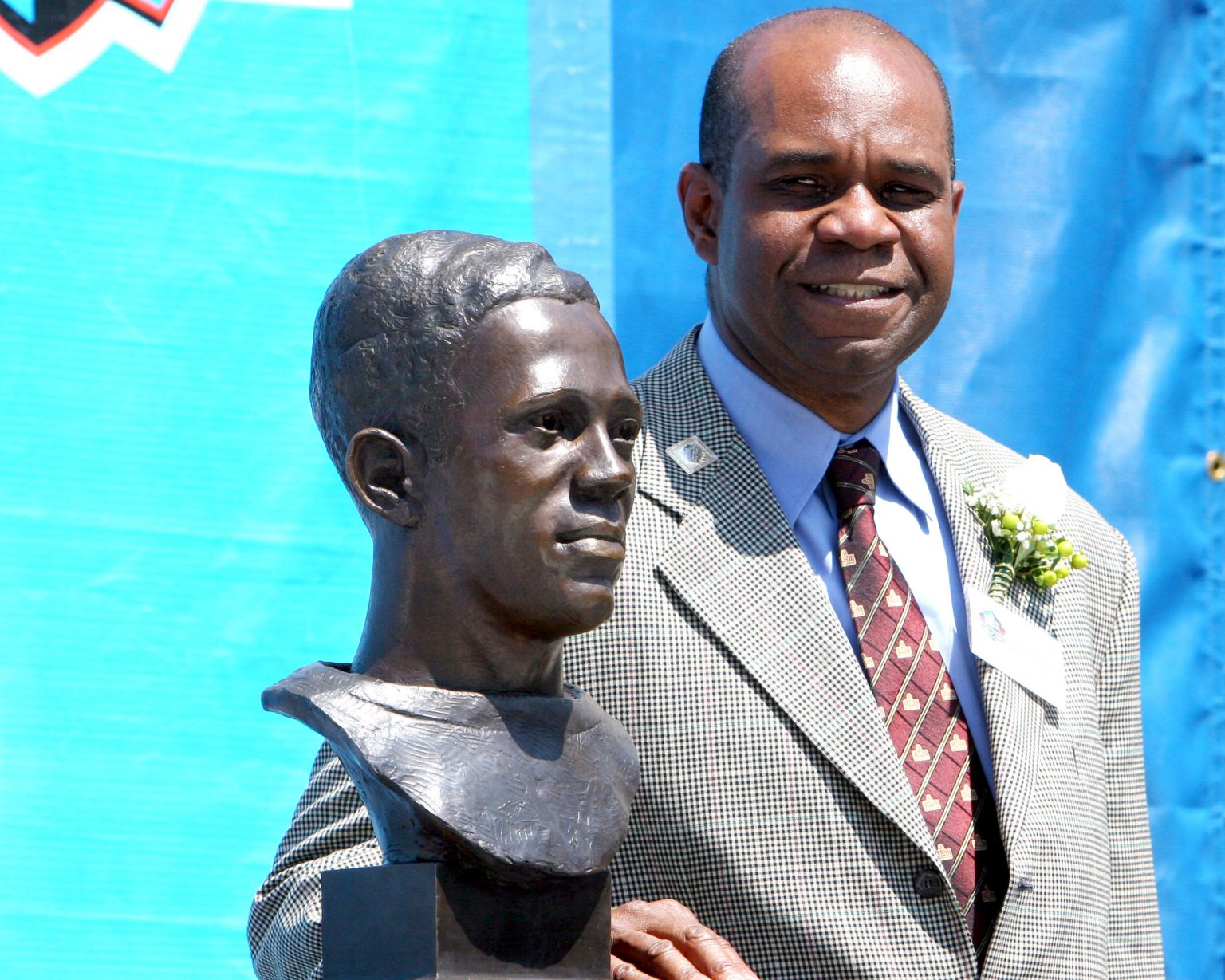Article
The First Black NFL Coach You Likely Haven’t Heard Of
Joel Pfahler
You may be aware that, in 2019, the NFL selected a 100th Anniversary All-Time Team to celebrate 100 years as a league,
Perhaps a favorite player of yours made the roster. If not, you probably have a case for why your childhood hero should have made the cut.
Left off the roster was African-American player and head coach, Fritz Pollard.
Pollard and fellow player Bobby Marshall were the first two African-American players in the NFL in its inaugural year of 1920. Pollard was also the first, and only, minority coach until 1979.
The NFL needed the talent of ethnic minority players to gain popularity during its early years, as Major League Baseball was the dominant professional sports league. But by 1936, the NFL had removed its Black players from the league, including Pollard, who never returned. Some claimed that African Americans were not good enough for the NFL.
The informal removal act was due to racism in a couple of forms: 1) the league cut several of its teams, forcing Black players out of jobs, and 2) owners informally decided to ban African American players.
No wonder Fritz Pollard didn’t make the 100th Anniversary Team. He was cheated out of a chance to build his NFL resume. Today, he’s a member of the Pro Football Hall of Fame after his posthumous induction in 2005.
“Some CLAIMED THAT AFRICAN AMERICANS WERE NOT GOOD ENOUGH FOR THE NFL.”
Prejudice has left its stain on the United States’ history and values. Sports, which should be a level playing field, has been no exception.
Similarly, the body of Christ, though it is meant to be unified, has its own history of divisiveness.
Besides churches being segregated by denomination, churches have historically been culturally and racially segregated as well.
Some churches, such as First Baptist in Macon, Georgia, began with slaves and owners worshiping together. As the slave population outnumbered the owners, the church split into two churches — a black First Baptist church and a white First Baptist church.
For 200 years, churches have been ethnically divided due to already-existing segregation, cultural differences, and differing interpretations of Scripture. During the abolitionist movement, many white churches focused heavily on teaching Christian doctrine, and (incorrectly) used Scripture to defend slavery. Meanwhile, African American churches emphasized social justice and focused on a promised, better life after death.
Dr. Martin Luther King Jr. said, “the most segregated hour of Christian America is 11 o’clock on Sunday morning,” and 50 years later, his statement is still true.
According to a study from Baylor University, nearly 50% of church congregations were made up of just one race in 1998. In 2012, the number of monoracial congregations was just one third.
While church congregations are slowly becoming more integrated, America still has a long way to go in achieving racial reconciliation.

The church, of all institutions, should take the lead.
Genesis teaches that “God created man in his own image, in the image of God he created him; male and female he created them” (1:27, NIV). All people, regardless of ethnicity or nationality, are created in God’s likeness and are cherished by Him.
As fallen humans, we judge others based on outward appearance, but God looks at the heart (1 Samuel 16:7). In Samuel’s case, he was judging David and his brothers based on height and good looks. But this principle also applies as we consider ethnic differences.
Jesus’ heart for His followers is that they be united. In John 17, Jesus prays for his disciples, and then for all believers, “that all of them may be one, Father, just as you are in me and I in you… that they may be brought to complete unity. Then the world will know that you sent me…”
Jesus’ prayer is that Christians, by the power of the Holy Spirit, would be united to each other just as Jesus is united with the Father. Part of becoming Christlike is to love and be united with our brothers and sisters despite our differences. This is the desire that Jesus has for His Church.
Paul affirms that in Christ, “you are all sons of God, through faith… There is neither Jew nor Greek, neither slave nor free… for you are all one in Christ Jesus” (Galatians 3:26, 28). Galatians teaches that God has adopted us as His children, through faith, and that everyone is equal in His sight.
Finally, Revelation 7 reveals that God’s plan of redemption is not just for the nation of Israel, but for all people groups.
“AFTER THIS I LOOKED, AND THERE BEFORE ME WAS A GREAT MULTITUDE THAT NO ONE COULD COUNT, FROM EVERY NATION, TRIBE, PEOPLE AND LANGUAGE, STANDING BEFORE THE THRONE AND BEFORE THE LAMB. THEY WERE WEARING WHITE ROBES AND WERE HOLDING PALM BRANCHES IN THEIR HANDS. AND THEY CRIED OUT IN A LOUD VOICE:
‘“SALVATION BELONGS TO OUR GOD, WHO SITS ON THE THRONE, AND TO THE LAMB.’” REVELATION 7:9-10
This beautiful description in Revelation teaches that heaven will not be monocultural. It will be diverse! In heaven, every follower of Jesus from every tribe and every nation will worship the Lord with one voice!
While the world and the Church have a history of divisiveness, God’s plan is to bring His people together as one family. If God’s children are united, like the First Baptist churches in Macon, Georgia are trying to become, “then the world will know that [God] sent me,” as Jesus said in John 17.
Fritz Pollard may not be well known, but Jesus will be well known when His followers are bonded together in love and unity.
